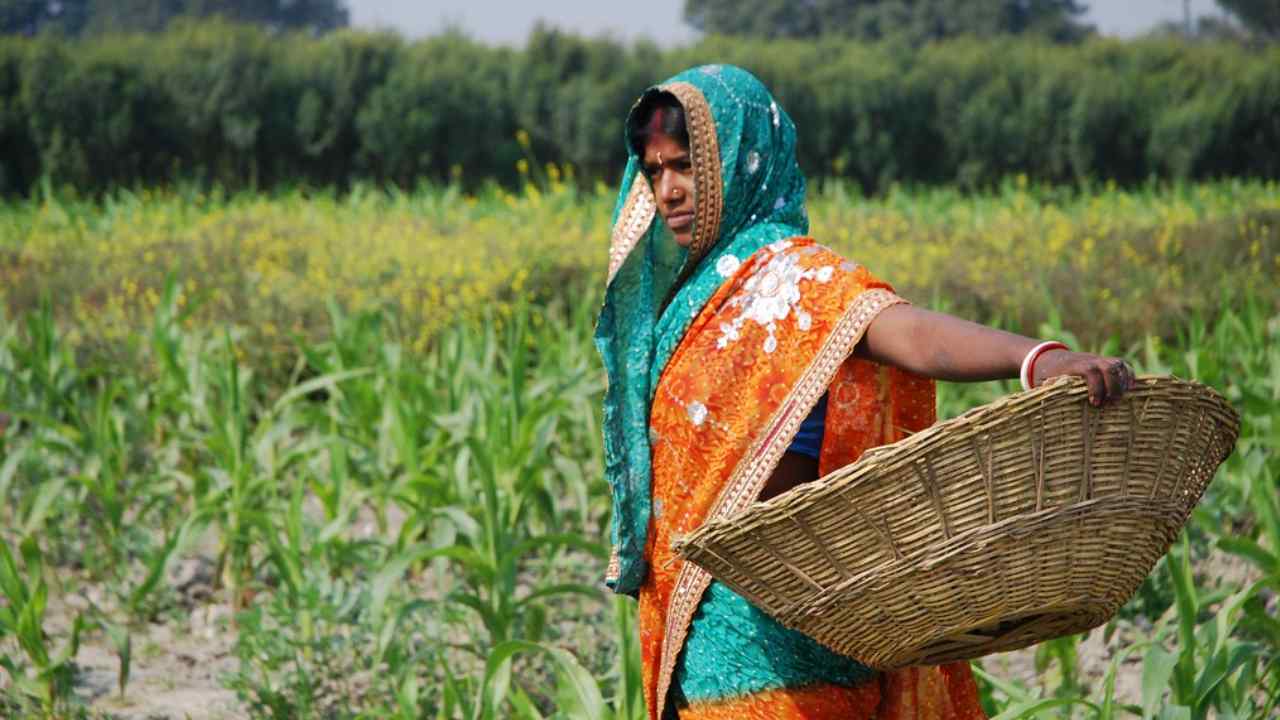The ILO Committee of Experts on the Application of Conventions and Recommendations (CEACR) and the Chairpersons of eight UN Human Rights Treaty Bodies have issued a joint statement reaffirming the importance of universal human rights and international labour standards in addressing crises and sustainable development.
The statement re-affirms the responsibility of the UN Human Rights Treaty Bodies and the ILO Committee of Experts to promote within their respective mandates, “the effective fulfilment of human rights, including labour rights, especially for those at risk of being left behind.”
It calls upon all stakeholders, without exception, to maximize efforts for the effective implementation of recommendations from the Human Rights Treaty Bodies and the Committee of Experts. The Chairpersons of the Human Rights Treaty Bodies and the Committee of Experts also undertake to join their efforts for the promotion of all human rights – including international labour standards – through joint analyses, concerted action and periodic thematic meetings.
The statement was issued on the third anniversary of the UN Secretary-General’s Call to Action for Human Rights.
The key points of the joints statement are:
- Motivated by a desire to renew synergies in support of a UN Development System committed to respecting human rights of which international labour standards are an integral part
- Reaffirming the common values of universal peace, freedom, equal rights, human dignity, social justice and the rule of law lying at the core of their respective mandates, which are complementary and mutually reinforcing
- Observing that protracted and interlocking crises generated by unprecedented challenges linked to the COVID-19 pandemic, economic globalization, violence and insecurity, including gender-based violence and harassment, climate change, technological transformation, long- term demographic shifts and geostrategic tensions, jeopardize the realization of the 2030 Agenda for Sustainable Development and the Sustainable Development Goals (SDGs) by accentuating inequalities within and among countries, undermining the exercise of fundamental rights and further shrinking civic space
- Underscoring that human rights and international labour standards provide the guardrails to navigate these crises
- Recognising that labour rights are human rights and that integrating human rights and international labour standards into economic and legal policy frameworks is critical to reducing inequalities and creating an environment conducive to more equitable and inclusive economicdevelopment to uphold the 2030 Agenda’s pledge to leave no one behind
- Recognising the potential of repositioning the UN Development System to strengthen the promotion and protection of UN human rights norms and standards, and its commitment to support States to realize the 2030 Agenda and achieve a transformative, inclusive and sustainable future for everyone, everywhere
- Taking note of the findings and recommendations of a recent UN inter-agency analysis of the integration of human rights, leave no one behind (LNOB), and gender equality and women’s empowerment (GEWE) in new generation Common Country Analyses (CCAs) and UN Sustainable Development Cooperation Frameworks (UNSDCFs)
• Emphasising the importance of defending the effectiveness of the international human rights monitoring and international labour standards supervisory bodies, inter alia, by putting the human rights mechanisms on a more sustainable financial footing in line with the Secretary- General’s Call to Action for Human Rights and Our Common Agenda;
• Underscoring the joint contribution of the UN human rights mechanisms, including the UN Human Rights Treaty Bodies and the ILO supervisory bodies, in reinforcing human rights and international labour standards at the country level through their analyses and recommendations as well as addressing socio-economic development challenges with human rights-based solutions, placing people and planet at the centre of the realisation of the 2030 Agenda.


























